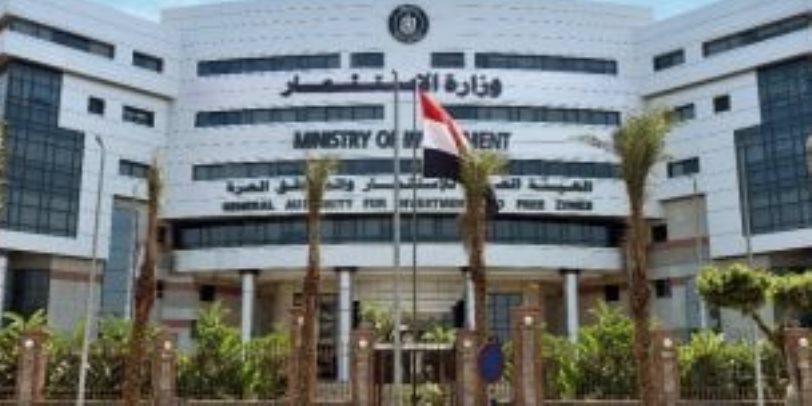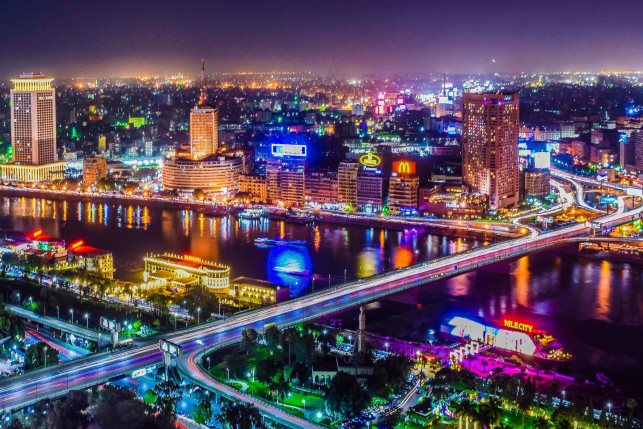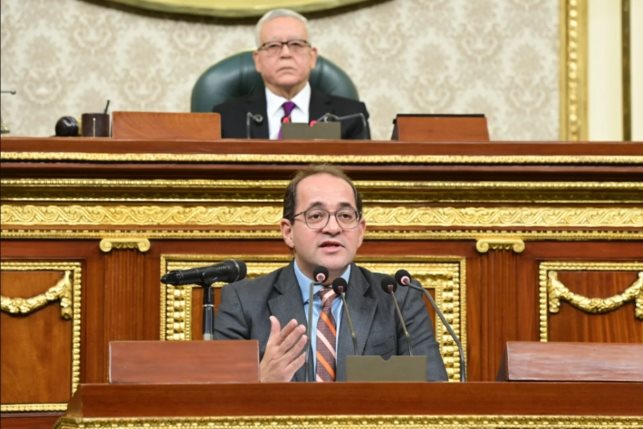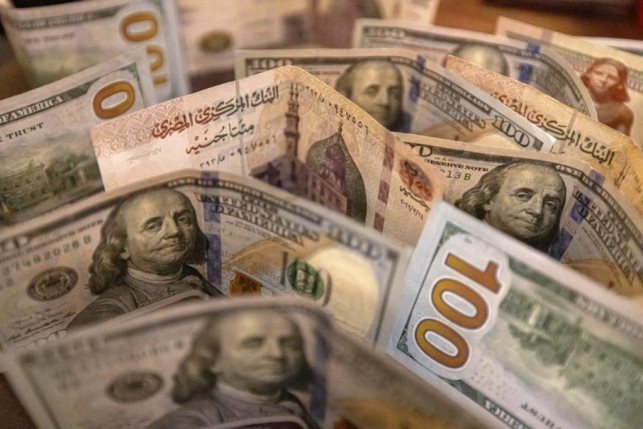Smart cities in Egypt increase demand for foreign products, positively impacting economy
Al-Sweedy added that we also need to focus on industry and agriculture.
 Egypt has witnessed significant economic reforms aimed at strengthening macroeconomic stability - File Photo
Egypt has witnessed significant economic reforms aimed at strengthening macroeconomic stability - File Photo
Egyptian Investments Committee Deputy Head, Dr. Walid Al-Sweedy, stated that creating an attractive investment climate in Egypt requires a series of incentives primarily for Egyptian investors since they are a fundamental driving force for attracting foreign investors and capital.
Al-Sweedy added that we also need to focus on industry and agriculture, and consider our resources and how to develop them.

Dr. Walid Al-Sweedy
“We need a revolutionary shift in our thinking, and we should take cues from East Asian countries in utilizing their resources to reduce import bills,” Dr. Al-Sweedy said in press remarks. “Even in construction, which has been a cornerstone of Egypt's economy for the past eight years, we still rely heavily on imports.”
Al-Sweedy praised the state's efforts in building new smart cities, noting that such projects require several products that have no Egyptian substitute, leading to an increase in demand for hard currency to revive the Egyptian economy.
He also stated that overcoming the aftermath of global economic challenges requires an independent management body that is separate from the ministries, known as Competitive Intelligence Management.
This management group consists of experts from every ministry or industry sector, such as agriculture, tourism, finance, housing, investment, and others. They hold periodic meetings and think outside the box, resulting in several comprehensive, well-studied decisions that work together to get out of the crisis and even define the future vision, develop a plan, monitor and evaluate its shortcomings for improvement.
“This approach can position Egypt in the right place,” he added.
Al-Sweedy confirmed that Egypt possesses many outstanding resources, whether human or natural, and we need to work on them more seriously and in the right direction to maximize their economic value to serve different economic and social sectors, encourage private sector participation and expand its involvement in local investment.
In recent years, Egypt has witnessed significant economic reforms aimed at strengthening macroeconomic stability and attracting foreign investment. As a result, Egypt has managed to increase its GDP growth rate and reduce its budget deficit, among other achievements.
The government has implemented measures such as reducing fuel subsidies, introducing a value-added tax, and liberalizing the exchange rate, which has led to increased foreign exchange inflows, boosted exports, and encouraged investors.





